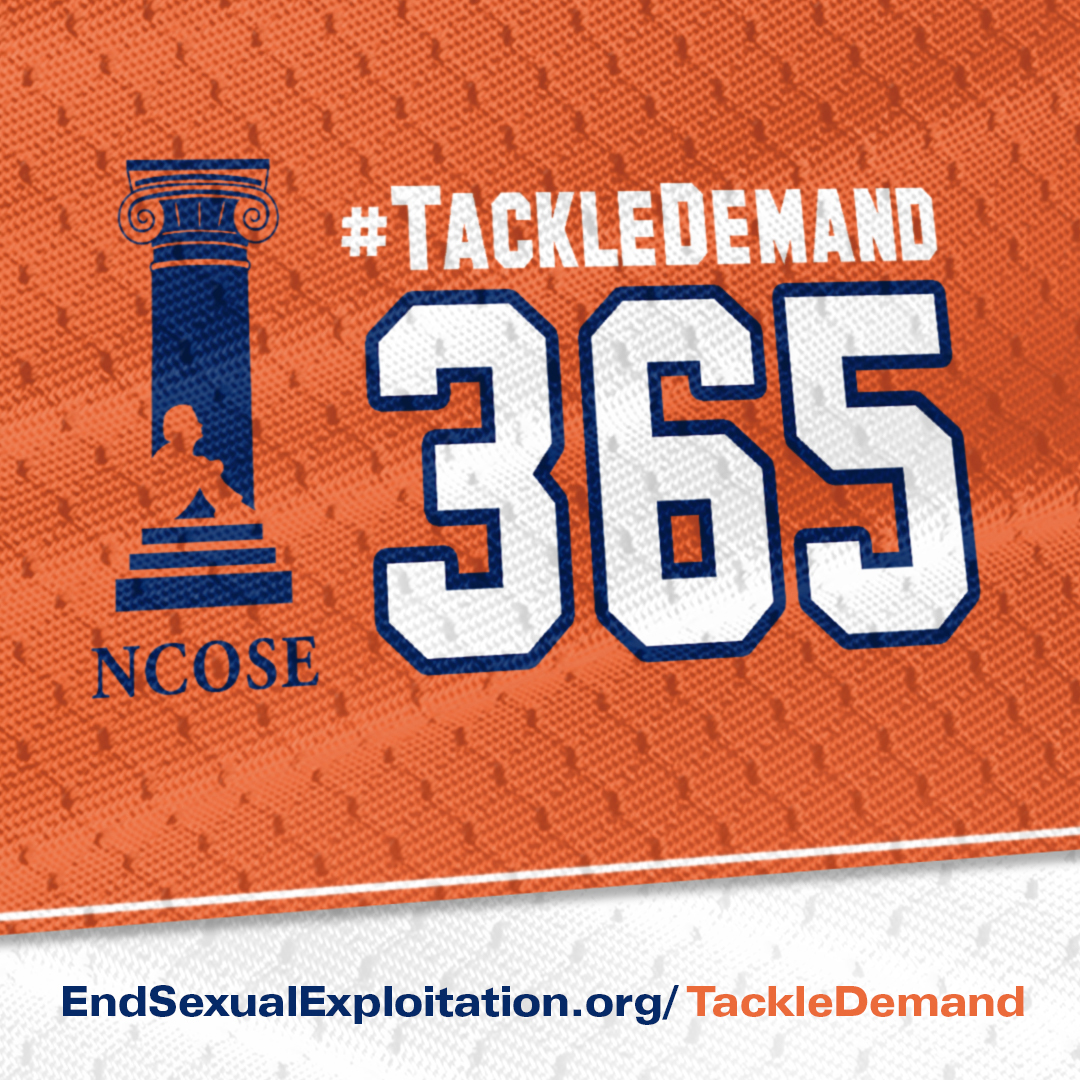
MINNEAPOLIS, Minn. (B) — Sex trafficking demand increases when large crowds gather for such events as the Super Bowl, an advocacy group said in launching a Feb. 4 Twitter campaign to spread awareness of sexual exploitation.
 While sex trafficking remains a crime that must be tackled all year round, the demand has been proven to increase at previous Super Bowls, the National Center on Sexual Exploitation (NCOSE) said in launching #TackleDemand.
While sex trafficking remains a crime that must be tackled all year round, the demand has been proven to increase at previous Super Bowls, the National Center on Sexual Exploitation (NCOSE) said in launching #TackleDemand.
“Every year some people make hyperbolic claims that the Super Bowl is the largest sex trafficking event in the country, and others claim that sex trafficking at the Super Bowl is a complete myth,” NCOSE Senior Vice President and Executive Director Dawn Hawkins said in a Feb. 1 press release. “The reality is that sex trafficking does occur at the Super Bowl, and at most large events, due to increased demand of people looking to buy sex in a concentrated area around a celebratory experience.”
At the 2017 Super Bowl in Houston, 183 buyers of sex and nine sex traffickers were arrested, NCOSE said on its #TackleDemand website, endsexualexploitation.org/tackledemand/.
The campaign will amplify its message through a Twitter Thunderclap, allowing participants to preschedule tweets to coincide with messages from other activists across the U.S., creating a “virtual flashmob.”
Raleigh Sadler, a Southern Baptist who fights sex trafficking and human slavery, told Baptist Press he will tweet about human trafficking on game day, but said the crime is a year-round concern.
“I will definitely tweet about human trafficking the day of the Super Bowl, as this is a day when the world is reminded about the daily occurrence of human trafficking incidents,” Sadler told BP. “Though we may be hyper focused during the Super Bowl, we must remember that trafficking happens every day and it always involves those most vulnerable.”
Sadler advises caution when attaching the crime to major sporting events alone.
“I’d advise caution when we find ourselves thinking that human trafficking only happens during major sporting events,” Sadler told BP. “When we only focus on major sporting events, like the Super Bowl or the World Series, it limits our vigilance to one day a year.”
Through his Let My People Go ministry based in New York, Sadler empowers churches to fight human trafficking. He advises churches to begin by focusing on their neighbors.
“Identify those most vulnerable; those who traffickers are most likely to target,” Sadler said. “Talk to the experts in your community, like social services, law enforcement and local nonprofits. Finally, read and listen to survivors of sex and labor trafficking.”
Campaign registration is available at endsexualexploitation.org/tackledemand/. More information on Let My People Go is available at raleighsadler.com.















